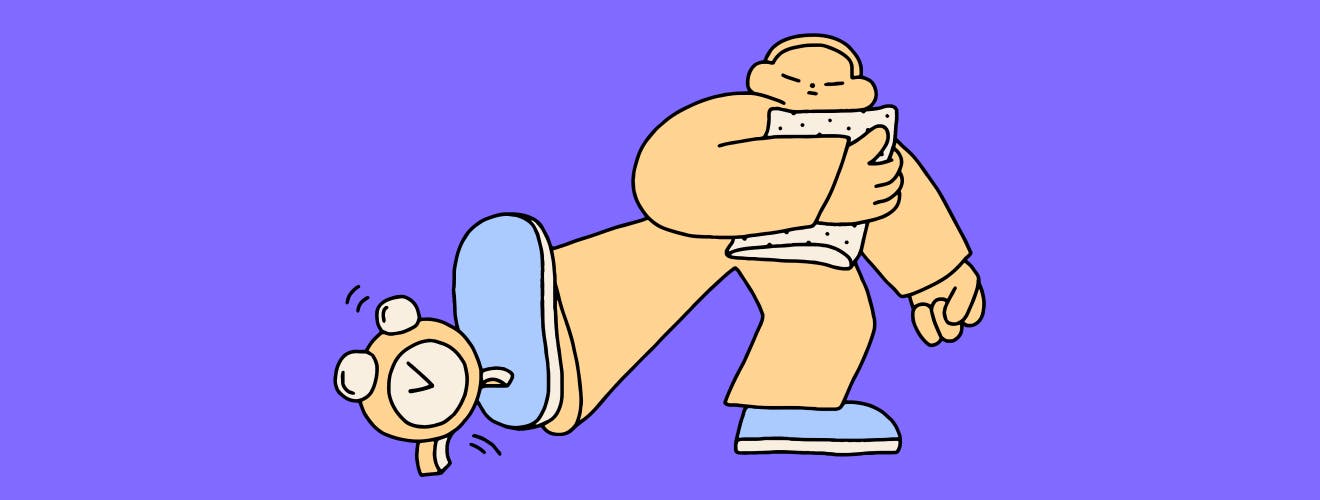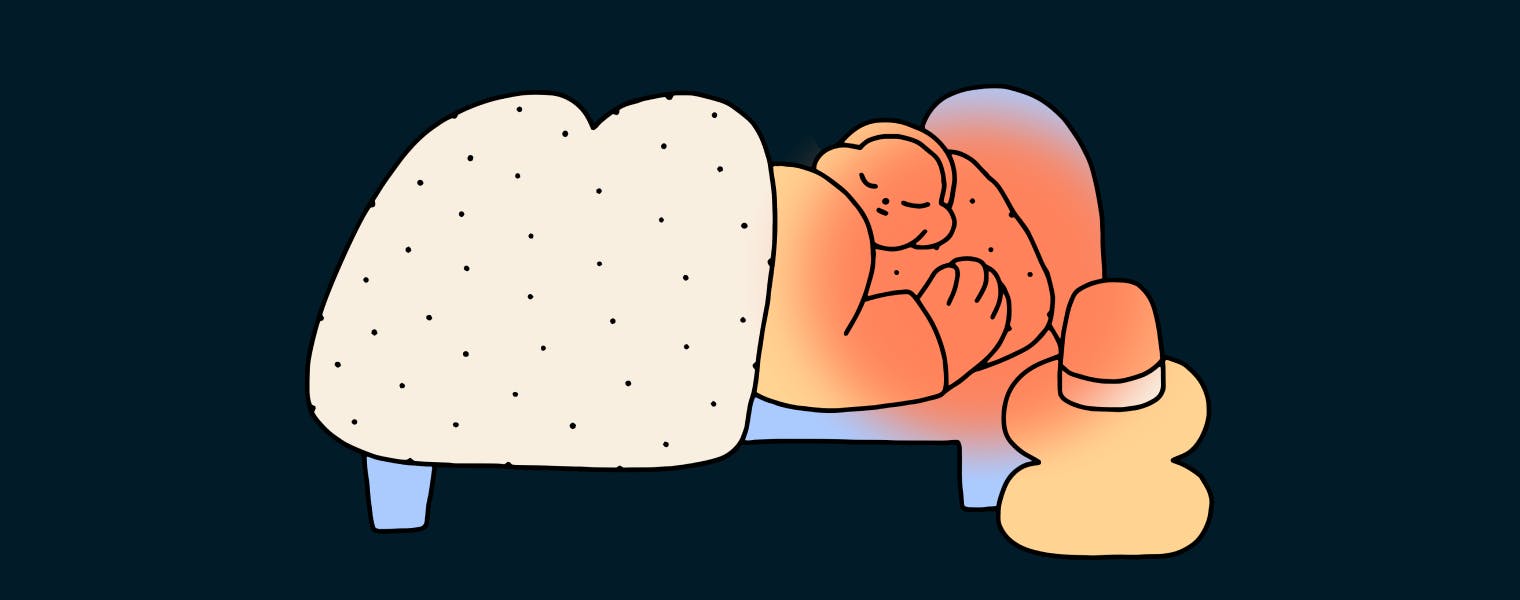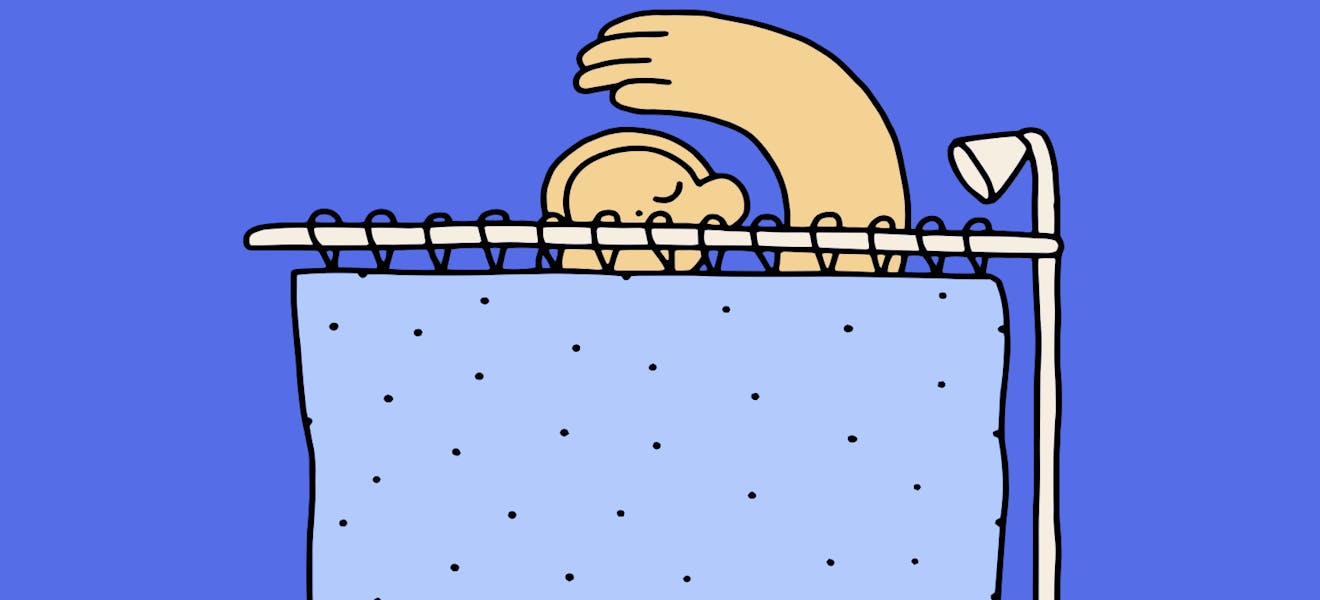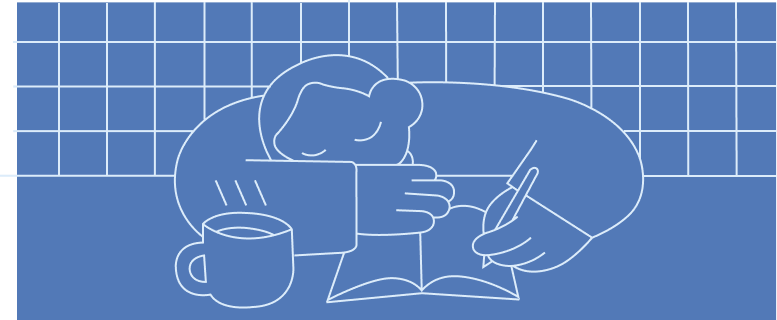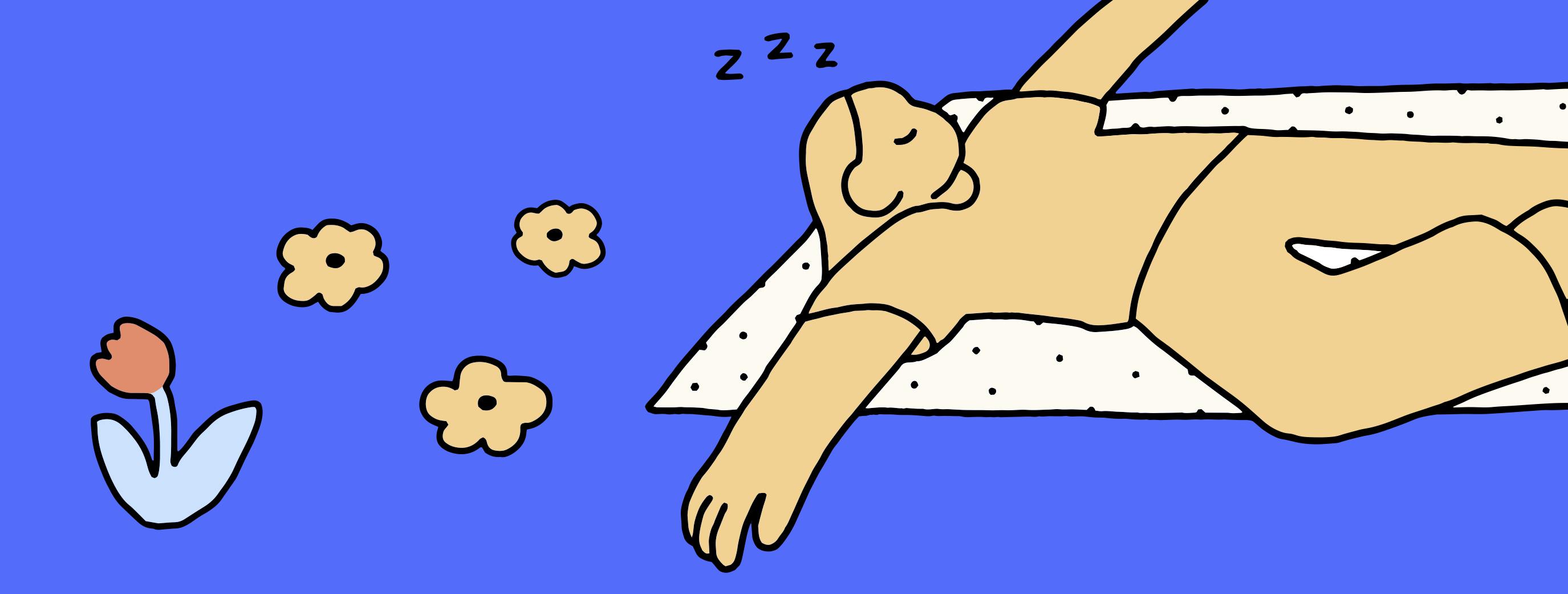Here's What Really Happens When You Only Get 4 Hours of Sleep
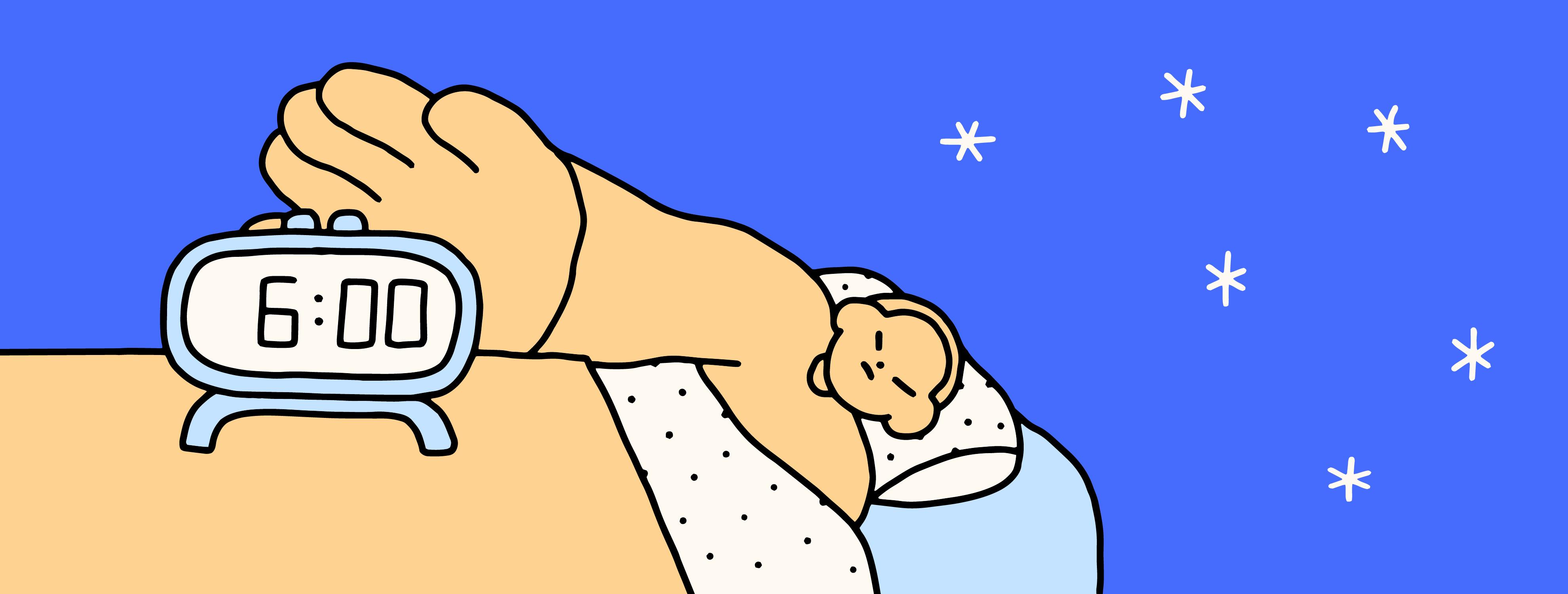
Seven to nine hours is the recommended sleep time for the average adult. But why is it that people get less than six hours of sleep and seem to end up perfectly fine? What really happens when you only get 4 hours of sleep?
Some say that it’s your sleep quality, not how much you sleep, that matters. So a short sleep cycle can be fine as long as you get good quality sleep. Others would suggest you absolutely need to get a full night's rest to be able to get restorative sleep – implying fewer hours is simply poor sleep hygiene.
In this article, we delve into whether 4 hours of sleep is enough, the 7-hour sleep standard, and the reasons why some people are able to survive with less sleep than others. We're also diving into ways to stay alert after a bout of sleep deprivation.
Are Four Hours of Sleep Enough? It's Complicated
While some may swear by the saying, "Sleep is for the weak," studies have long supported the importance of sleep for your body functions.
Seven to nine hours is the number required for most adults to fully be healthy. However, some people are sleeping less than that. The question is, are they okay?
Surprisingly enough, some people are. This could be due to a genetic predisposition to needing less amount of sleep. Some experts also suggest that sleep is less about the quantity and more about the quality. When you're regularly getting healthy, consistent sleep that restores your body, some researchers agree that you can get by with four hours of sleep.
However, peer-reviewed studies have established that, more often than not, 4 hours of sleep is a symptom of sleep deprivation. Regularly getting less than eight hours of sleep can also have devastating effects on not just your energy levels, but also your overall health.
When you're sleep-deprived, your body's working overtime to do its usual activities but on less energy. Your central nervous system, which is responsible for sending and processing information, is impaired when you don't have a good night's sleep. This can impact your attention span, concentration, strategic thinking, risk assessment, and reaction times. You can also expect to have issues including the inability to concentrate and mood fluctuations.
Running on less than six hours of sleep also puts you at greater risk of experiencing accidents. After all, if you're not getting enough sleep at night, you're likely to experience excessive daytime sleepiness, and that has the potential to put you in great danger. Individuals who are sleep-deprived are more than 260 percent more likely to fall asleep at the wheel.
Long term sleep deprivation also causes a weakened immune system because it prevents your immune system from working at its best. You may be more prone to illness, and recovery will take you longer. In addition, you run an increased risk of acquiring chronic conditions such as diabetes and heart disease when you regularly sleep less than your body needs.
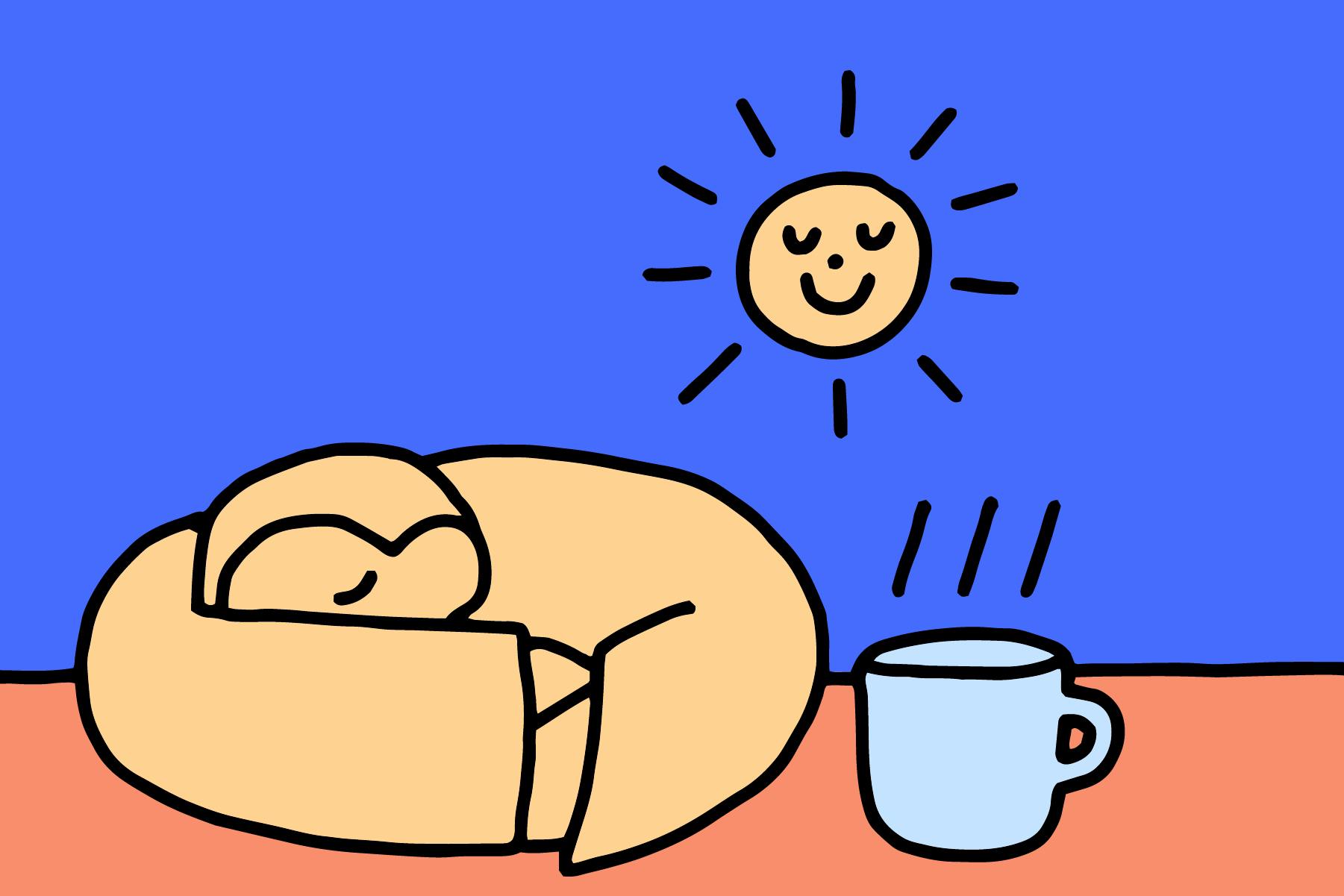
So, Does the 7-Hour Standard Hold Up?
When you fall asleep, you don't just lie there. Your body is still working to help you recover from the ups and downs of the day. And yes, it typically requires a minimum of seven hours to complete the task.
Your brain cycles through several stages of sleep during a typical night. These stages typically involve two kinds of sleep, namely, rapid eye movement (REM) sleep and non-REM sleep. Each stage is linked to specific brain waves and neural activity, and has a vital part in giving you truly high-quality rest.
Here's what happens to the body when you're asleep:
#1
The first three stages of sleep involve non-REM, which just means that in this stage your eyes don't move around rapidly as it does in REM stage.
Stage 1 of non-REM sleep is when you've just dozed off and transitioned from wakefulness to sleep. At this stage you will still be easily awakened by a loud sound or other disruptions.
Your brain is just beginning to slow down. This stage typically lasts for several minutes and helps you wind down into a deeper sleep.
#2
The second stage of the sleep cycle is another non-REM stage. Stage 2 is the deepest part of non-REM sleep where your muscles and body fully relax. During this stage your brain waves show a clear pattern of slowed activity. This stage of deep sleep helps your body recuperate, as well as encourages more effective thinking and memory.
#3
Stage 3 is the final non-REM stage and an important period of deep sleep that allows you to feel refreshed in the morning. It occurs in longer periods during the first half of the night where your heartbeat and breathing slow to their lowest levels. In this stage your muscles are relaxed and your brain waves slower.
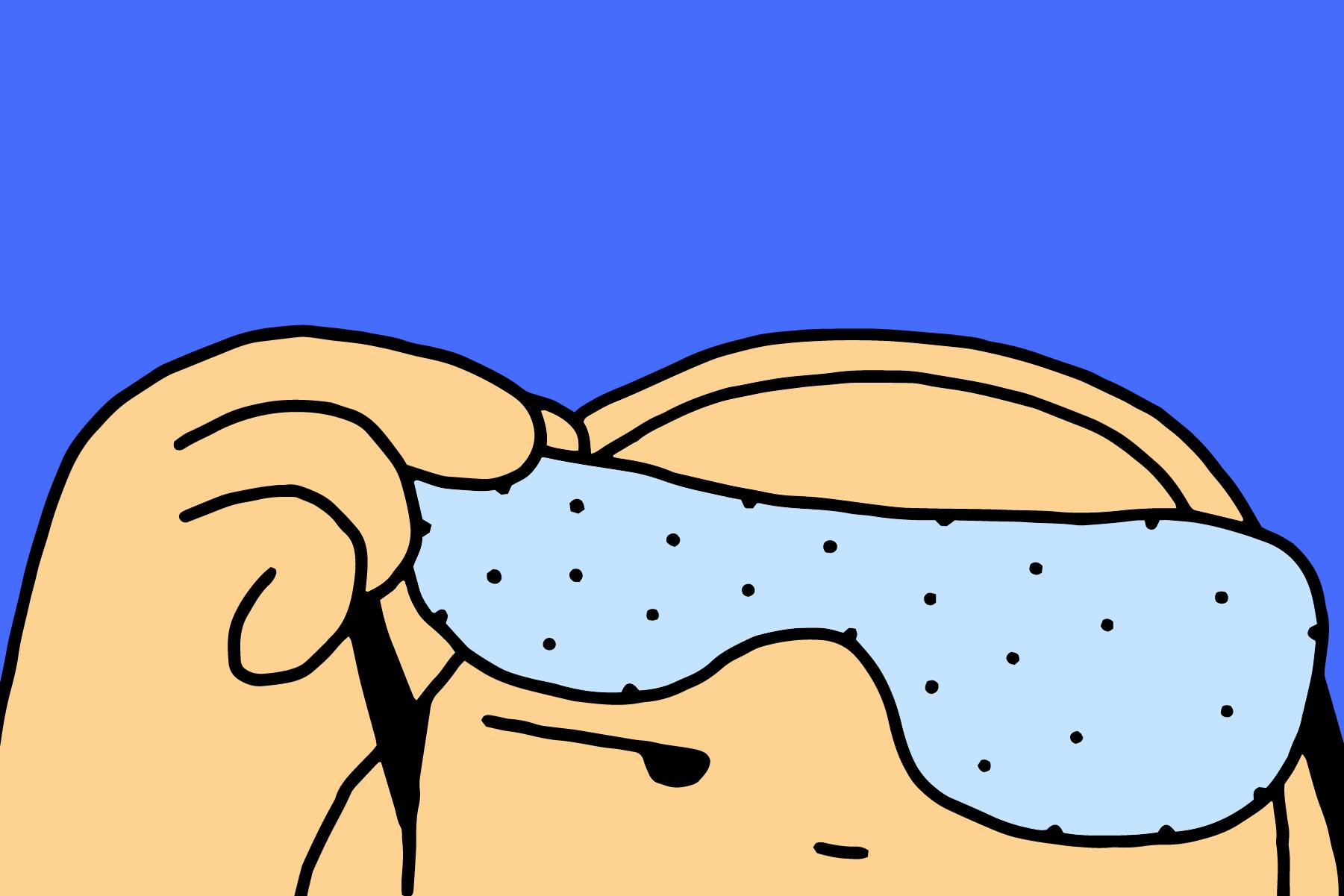
REM Sleep
The final stage of sleep is finally the REM sleep where you can observe eyes moving around rapidly behind the eyelids. Unlike the slowed brain wave activity exhibited in non-REM stages, in this stage you experience mixed frequency brain wave activity that is similar to wakefulness than sleep.
Your breathing is faster and more irregular in this stage, while your heart rate and blood pressure increase. Dreams occur during this state of sleep, and your arm and leg muscles become paralyzed to prevent you from acting out your dreams.
REM sleep is essential for the brain as it enables key functions like memory and learning, although it is believed to be the case for non-REM stages as well.
You go through several sleep cycles of the four stages above every night, and each one is important in ensuring your body is well-rested.
How Do Some People Survive With Less Sleep?
Getting too little sleep is usually a sure way to accumulate sleep debt, heart disease, and other health problems. However, surprisingly some people survive with less sleep without any negative effects.
So, how is this possible? The answer is totally natural. Some people are just born to sleep less.
ADRB1 Gene
ADRB1 or adrenoceptor beta1 is a gene mutation that impacts sleep and wakefulness. It was identified in 2019, and studies suggest people with this gene require less sleep than the average person. This means they can function normally on six hours or less of sleep.
DEC2 Gene
Similar to ADRB1, DEC2 is a gene mutation that allows people to function normally on less than the average required amount of sleep. DEC2 was the first discovered "short sleep gene." People with this gene have been dubbed natural short sleepers because their biology allows them to sleep at a normal time and wake up early in the morning.
DEC2 helps regulate the body's circadian rhythm or our internal biological clock. People with this gene often spend four to six hours of sleep per night without experiencing sleep deprivation.
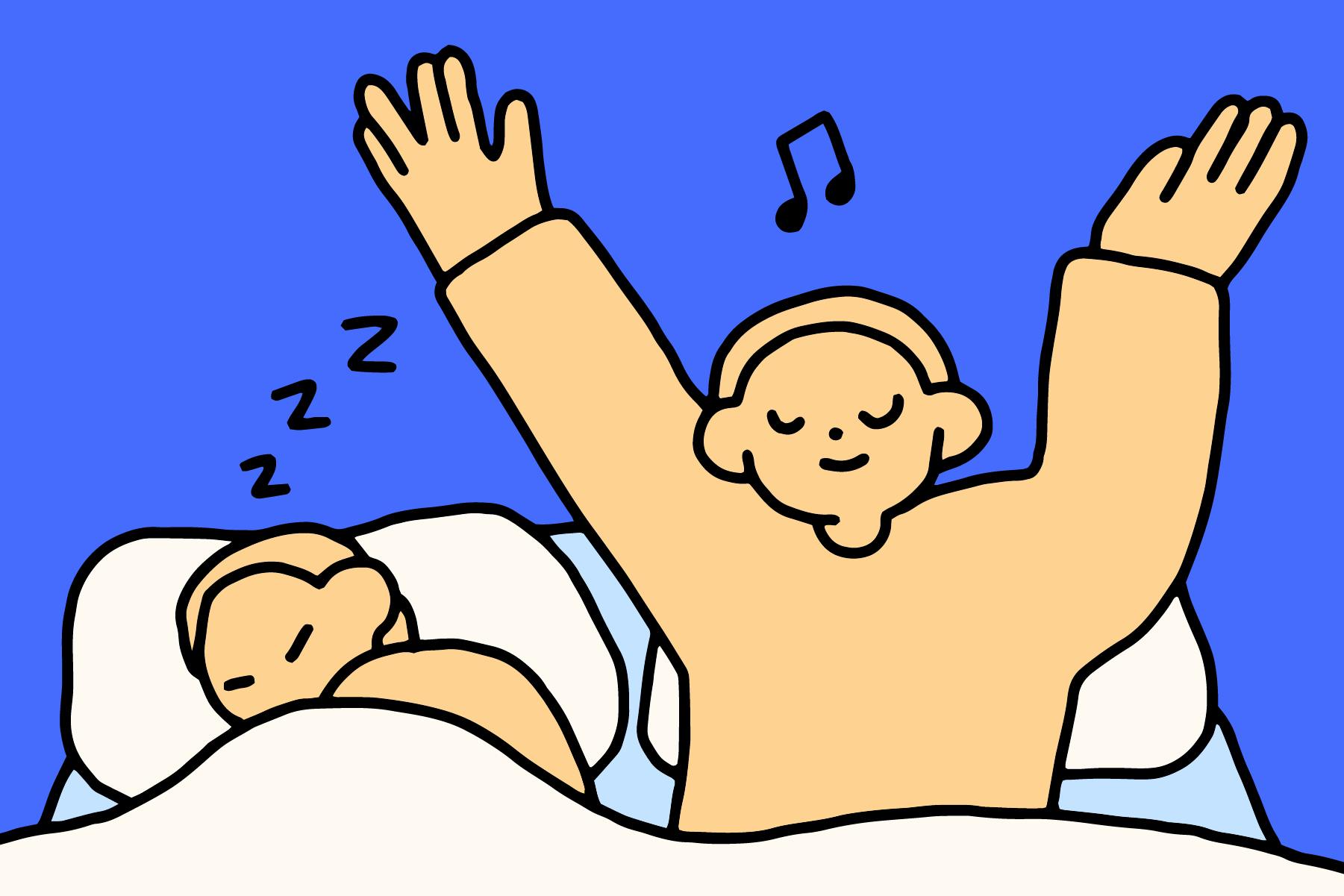
Short Sleep Syndrome
Short sleeper syndrome (SSS) is characterized by fewer than six hours of sleep every night. Having this condition means you can function normally throughout the day with less than the recommended amount of sleep.
People with this condition do not take naps or sleep more than normal to recover from sleep debt, nor do they purposefully indulge in sleep restriction or avoidance. They also do not experience common symptoms of sleep deprivation, which is what happens to most people who sleep less than six hours per night.
In other words, they don't know what it's like to feel fatigued or like they need to take a nap. They also don't experience trouble falling asleep or staying asleep and they don't wake up frequently throughout the night. The syndrome is also associated with gene mutation.
How Can I Stay Alert After Experiencing Sleep Deprivation?
Going through the day with too little sleep is one of the worst experiences to go through. It's hard to stay mentally alert when your eyes feel like lead, but there are times when you really have to stay awake even when your brain is begging for a shut-eye.
Here are a few hacks to help you go through your day after a night of insufficient sleep without seeming like a walking, talking zombie:
Get Some Sun
Getting a dose of dear old sunshine is great for more than tanning or burning your skin. Natural light helps normalize your body's production of a sleep hormone called melatonin. This hormone activates at nighttime when it's dark and tells your body when it's time to fall asleep.
Getting some sunlight can help combat sleepiness by reducing your melatonin production. That way, you can stay awake more easily.
Stay Hydrated
If you want more energy after a night of sleep deprivation, keeping hydrated can go a long way. You definitely don't want to be lacking in water because dehydration can make you feel tired, lethargic, or fatigued. Not having enough sleep contributes to dehydration, so you want to make sure you're drinking extra.
Take a Cold Shower
There's nothing quite as energizing as a splash of cold water, so if you're sleep deprived one way to combat sleepiness is by taking a nice, cold shower to fire up your nerve endings. Taking a cold shower also has the added benefit of increasing alertness and blood flow.
Eat Well
While getting a sugar high may sound like a tempting way to power through your day, consuming sugar and carbs will eventually lead to a crash that will make you regret that decision fast. We suggest eating whole wheat snacks instead because these take longer to digest and will give you more steam to burn for the rest of the day.
Eating protein-rich foods and healthy fats can also keep your energy levels more stable throughout the day.
Get Your Heart Pumping
Exercise during the day can help stimulate blood flow to your brain and help you feel more awake temporarily. However, we recommend keeping it at a light workout because heavy exercise may make you feel tired and more sleepy.
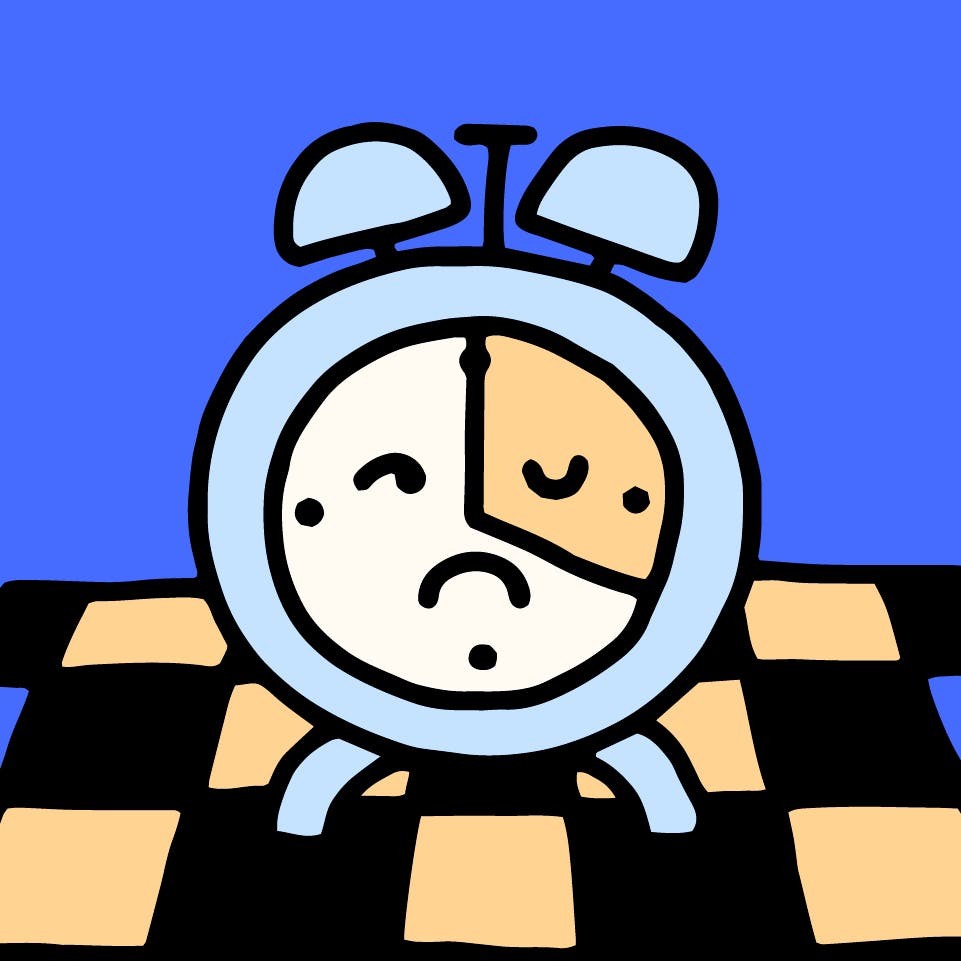
Sneak in a Power Nap
Even your phone needs recharging, no matter how big the battery capacity is. Working on low sleep is better than working on no sleep, so when you can try to sneak in25-minute naps every two to three hours to help you be more productive and alert.
Rest Easy With Sandland Sleep
While getting four hours of sleep is fine every once in a while, more sleep will always be better for your health and well-being. If you're not a natural short sleeper, sleeping the recommended 7-9 hours per night will ensure you feel rested - not sluggish - in the morning.
If you're experiencing sleep deprivation, developing healthy sleep habits, along with proper diet and exercise can help you get more sleep. Another way to get better sleep is by using natural sleep supplements which can help facilitate the process.
Sandland Sleep has developed a line of sleep supplements targeting the two major areas of sleep issues. Made with natural plant-based ingredients, our Fall Asleep and Stay Asleep products can help you rediscover restfulness, one night at a time.
Some people can. Natural short sleepers are people who wake up after four to six hours of sleep with enough energy to last through the whole day. These people are born with the genetic markers that allow them to survive and thrive on short sleep. However, if you're not already surviving and thriving on a few hours of sleep per day, we don't suggest trying to. There's a difference between people who are born short sleepers and people trying to be short sleepers, and the difference can mean your entire well-being.
While a few all-nighters won't hurt, 4 hours of sleep at a regular rate can lead to sleep deprivation which can lead to various health conditions such as high blood pressure, weight gain, depression, anxiety, a poor immune system, and more.
It's pretty rare to die from lack of sleep, so we're pretty confident you can survive on four hours of sleep per day for a week. However, doing this can lead to sleep deprivation which can increase your risk of encountering an accident or doing something hazardous. Long-term sleep deprivation can also put you at risk of physical or mental health conditions.
